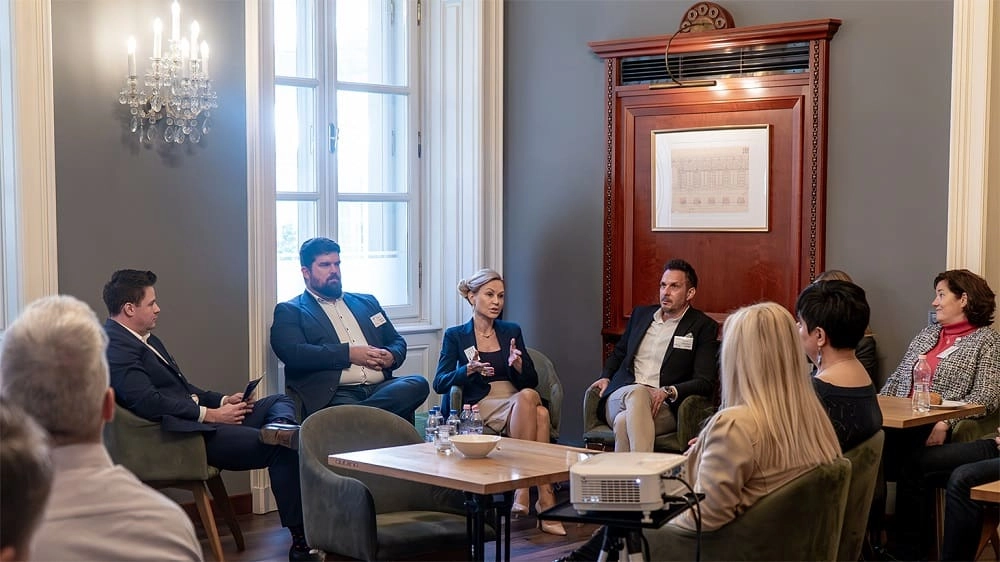These are now the success factors for becoming a leader
The classic hierarchical management model has been disrupted. The modern leader doesn't know everything, but asks good questions. Empathetic, flexible and open to change, he creates psychological safety in his organisation. He surrounds himself with people who are not of his own competence. He is able to recruit people to his team who know more than he does in a particular area. This is what Dániel Rónai, Head of Executive Search at Wyser, writes.

"Never let a good crisis go to waste." Not only is the well-known Churchill quote historically relevant, but perhaps never before has it resonated in the leadership world as it does today. In an era of economic stagnation, covid, perpetual uncertainty, organisational change and generational shifts, redefining leadership has become inevitable. Not because there is a crisis in both the economy and the labour market, but because a new norm is emerging - and in this norm, leadership is no longer measured in the speed of responses, but in the quality of the questions asked.
A number of industry players have recently articulated that the classic, hierarchy-based leadership model is being shaken. The leader is no longer the person with the privilege of omnipotence, who can keep everything in one hand and ensure the stability of the organisation in one person. More prominent among today's leadership competenciesare empathy, the ability to create psychological and mental safety, the ability to maintain curiosity and the ability to inspire and receive the ideas of others.
One of the biggest challenges facing organisations today, including HR professionals, is the recognition and incorporation of new aspects of leadership selection into their practices. It is not uncommon for senior managers to look to middle managers for their own attitudes and competencies, whereas a future-proof and renewing organisation is much more based on complementary leadership partnerships.Similarity provides security and affirmation, but differences drive the organisation forward. A conscious senior leader is able to question, objectively look at his or her own competency system and surround themselves with professionals who have a higher level of expertise in the field, allowing room for the development of those who think differently.
You don't need to know everything, but you do need to know how to ask questions
Success as a leader is not about "knowing everything", but about "asking the right questions". Effective leadership is not based on sheer charisma and static exercise of control, but on asking a myriad of forward-looking questions that can open up the world and shape the culture of an organisation, because the culture of an organisation can only be developed through constructive dialogue.
The trend is becoming clearer: the path to becoming a leader is no longer linear, as not all employees are necessarily motivated by career progression. Some middle managers are consciously turning down a career opportunity as a senior manager - not because of a lack of ambition, but because of a value-based decision. For many, work-life balance, professional autonomy and meaningful, purposeful work are more valuable than the responsibility and status that comes with the position. Recognising this, companies need toreimagine their career path concepts, offering alternative development opportunities - not just upwards, but laterally, and evolve with the idea that not everyone wants to be a leader.
In this new era of leadership, the role of control is also being reassessed. Classic operational leadership - where decisions are quick, clear and control is central - is no longer effective in all situations. In a senior management role, one of the biggest challenges is preciselywhen and how to let go of decision making, how to think systemically about people, competencies, organisational dynamics. This new type of attitude requires first and foremost a change of mindset for leaders, not a shift of responsibility, but a transformation of the leadership self-image towards a more engaging and motivating leadership style.
Thoughts expressed at the Gi Group Holding roundtable discussion - including by Silvia Sulciová (See

